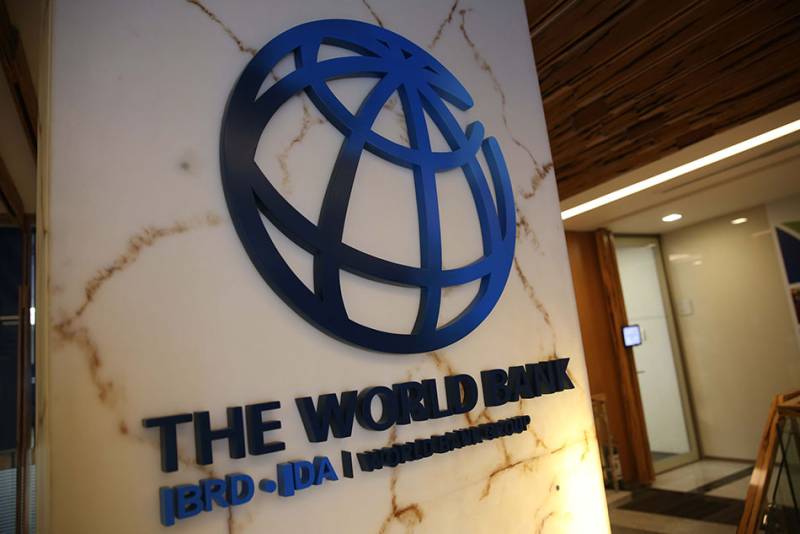ABUJA (Reuters) - Nigeria could save as much as 3.9 trillion naira ($5.10 billion) this year only after reforming the foreign exchange market and the removal of fuel subsidies, the World Bank said on Tuesday. Nigeria's President Bola Tinubu is embarking on the country's biggest reforms in decades, including scrapping the popular and expensive fuel subsidy and unifying the international currency exchange rate. The Chief Economist for Nigeria, Alex Sienaert, told a press conference in the capital Abuja that the savings in the reforms were not cash. It is expected that the Nigerian economy will grow 3.3% this year and 3.7% next year, he said. The World Bank and the International Monetary Fund have been calling on Nigeria for many years to cancel the fuel tax, which cost ten billion dollars last year, and release its currency. In order to increase the foreign exchange rate, Siernaet said that Nigeria should remove restrictions on the list of 43 items, including sugar and flour, which the central bank says cannot be paid for by selling government dollars.
Tinubu's financial adviser, Wale Edun, said the naira, which has been depreciating since the introduction of currency restrictions, is expected to stabilize below 700 to the dollar. Inflation, which reached 22.41% in May, will increase further as a result of the change, Siernaet said, adding that about four million more people could fall into poverty in the first five months. of this year due to higher prices. Unions are urging the Tinubu government to raise the minimum wage six times to protect workers from the effects of fuel subsidy removal. Nigeria has the second poorest population in the world and is one of the most developed countries in the world, according to the World Bank. (1 $ = 765.00 Naira) (Reporting by Chijioke Ohuocha and Elisha Baba-Gbogbo; Editing by MacDonald Dzirutwe, Christina Fincher, and Susan Fenton)

"They stop Nigeria from going over what you might call the fiscal cliff. They really set the stage for a new and an upward trajectory in terms of Nigeria's development path," Sienaert said.
Reuters




